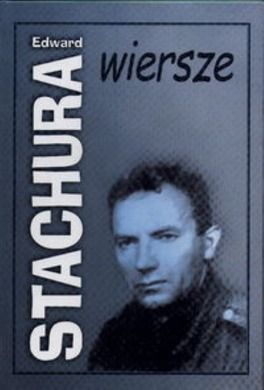
"Number Thirteen," "The Mezzotint," "Canon Alberic's Scrapbook," and more. Archival theory also illuminates the ways in which James plays with the reader’s preconceptions of the relationships between text, artefact, and the supernatural.Eight classics by a great Edwardian scholar and storyteller. Concepts such as Jacques Le Goff’s ‘politics of archival memory’ and Derrida’s ‘archival violence’, or textual ‘death-drive’, reveal Jamesian hauntings which are reliant upon interpretation, curation, memory and provenance.

While James’ fiction has frequently been viewed through the analytical lenses of archaeology and excavation, we can instead employ a rich body of archival theory to pose new questions about the function of texts - archives, manuscripts, books and catalogues - in James’ writing. The late nineteenth and early twentieth centuries saw the publication of two seminal archive manuals by Muller, Feith and Fruin (1898) and Hilary Jenkinson (1922), and these helped to fashion the concept of the archivist as custodian of the truth, impartial gatekeeper of documentary evidence, and privileged interpreter and mediator of texts. James was writing at a time when the archive profession was becoming more highly defined, and increasingly differentiated from the figures of librarian, historian or antiquarian. Based on the New Historicist approach, the study shows that the roots of horror in the haunted places presented by the authors in their works were more “material” than “supernatural”-what accounted for their choices of haunted places, story characters and haunting horrors were personal attitudes and life experience of each of the writers. The aim of the article is to present the haunted places in the literary works of the chosen authors and to juxtapose their narratives with their scholarly achievements and their views on the surrounding reality. Blackwood, educated abroad (in Germany), explicitly differed in his artistic output from Machen, a Welshman, who left the United Kingdom only to pursue his journalistic career. James was a respected medievalist, a specialist in the history of Christianity. Lovecraft was an erudite interested in science, notwithstanding the fact that he did not receive formal education. The writers differed also in the level of their education. Doyle, Arthur Machen or Algernon Blackwood, who were members of theosophical or occultist societies.

James, for their part, rejected the mere possibility of phenomena regarded as supernatural, contrary to other writers, such as Arthur C. The horror story writers of the early 20th century presented various views on the surrounding reality.


 0 kommentar(er)
0 kommentar(er)
